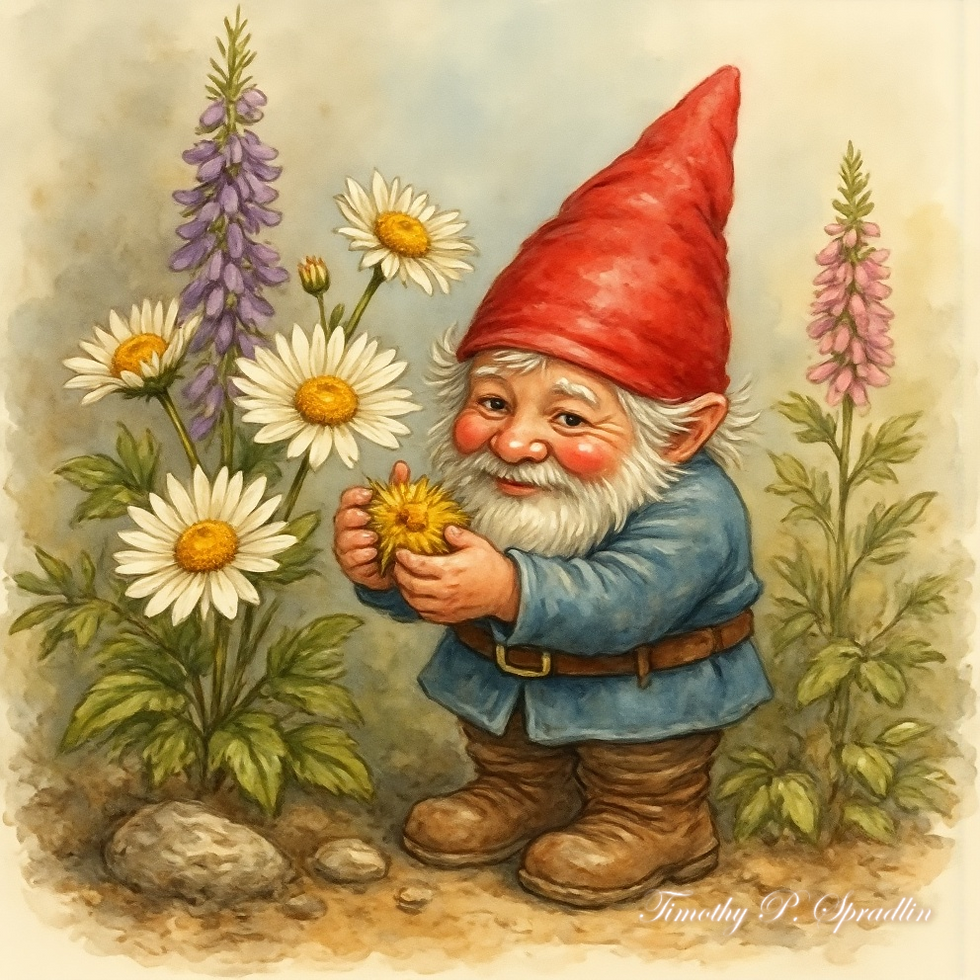Tracing the Rich History of Christmas Celebrations
- Timothy P. Spradlin

- Nov 21, 2025
- 4 min read
Christmas is one of the most widely celebrated holidays around the world, marked by joy, generosity, and a spirit of togetherness. But how did this festive occasion come to be? The origin of Christmas is a fascinating journey through time, blending religious traditions, cultural customs, and historical events. This article explores the rich history and origin of Christmas celebrations, uncovering the layers that have shaped the holiday as we know it today.
The Origin of Christmas: From Ancient Festivals to Christian Celebration
The origin of Christmas can be traced back to ancient times, long before the birth of Jesus Christ. Many historians believe that Christmas was influenced by earlier pagan festivals that celebrated the winter solstice - the shortest day and longest night of the year. These festivals honored the return of longer daylight and the promise of new life.
One such festival was Saturnalia, celebrated by the Romans in mid-December. It was a time of feasting, gift-giving, and merrymaking. Similarly, the Norse celebrated Yule, a festival that involved lighting fires and honoring the rebirth of the sun. These customs laid the groundwork for some of the traditions we associate with Christmas today.
The Christian church officially established December 25th as the date to celebrate the birth of Jesus in the 4th century. This decision helped to Christianize existing pagan festivals and unify diverse communities under a common religious observance. Over time, Christmas evolved into a celebration of Jesus’ birth, emphasizing themes of hope, peace, and goodwill.

How Christmas Traditions Developed Over the Centuries
As Christmas spread across Europe, various customs and traditions began to emerge. These were often influenced by local cultures, climates, and historical events. For example, the Christmas tree tradition originated in Germany during the 16th century. People decorated evergreen trees with candles and ornaments to symbolize eternal life.
In England, the Victorian era played a significant role in shaping modern Christmas celebrations. Queen Victoria and Prince Albert popularized the Christmas tree and introduced many festive customs such as Christmas cards and caroling. The idea of Santa Claus also evolved during this period, inspired by the Dutch figure Sinterklaas and the poem "A Visit from St. Nicholas."
Food and gift-giving became central to Christmas festivities. Traditional meals like roast turkey, mince pies, and plum pudding became staples in many households. The exchange of gifts symbolized generosity and kindness, reflecting the spirit of the holiday.

Exploring the History of Christmas Through Different Cultures
Christmas is celebrated in diverse ways around the world, each culture adding its unique flavor to the holiday. In Mexico, for example, the tradition of Las Posadas reenacts Mary and Joseph’s search for shelter, culminating in festive parties with piñatas and special foods. In Italy, the Feast of the Seven Fishes is a beloved Christmas Eve meal featuring a variety of seafood dishes.
In Scandinavian countries, St. Lucia’s Day on December 13th marks the beginning of the Christmas season with candlelit processions and songs. In the Philippines, the world’s longest Christmas season begins as early as September, with colorful parades and lantern festivals.
These cultural variations highlight the universal appeal of Christmas and its ability to bring people together despite differences. Understanding these traditions enriches our appreciation of the holiday and encourages us to embrace diversity.
The History of Christmas in Modern Times
Today, Christmas is a global celebration that blends religious observance with secular customs. While many attend church services to honor the birth of Jesus, others focus on family gatherings, festive decorations, and gift exchanges. The commercialization of Christmas has also transformed it into a major economic event, with retailers offering special promotions and holiday-themed products.
Despite these changes, the core values of Christmas remain intact. It is a time to reflect on kindness, generosity, and the importance of community. Many people volunteer, donate to charities, and reach out to those in need during the holiday season.
For those interested in a deeper dive into the origins and evolution of Christmas, exploring resources like the history of christmas can provide valuable insights and stories.
Embracing the Spirit of Christmas Today
Understanding the rich history and origin of Christmas celebrations allows us to appreciate the holiday on a deeper level. Whether you celebrate with religious rituals, cultural traditions, or simply enjoy the festive atmosphere, Christmas offers an opportunity to connect with others and spread joy.
Here are some practical ways to embrace the spirit of Christmas:
Create meaningful traditions: Incorporate customs that resonate with your family or community.
Give thoughtfully: Focus on gifts that have personal significance or support local artisans.
Volunteer your time: Help those in need through community service or charitable donations.
Celebrate diversity: Learn about and respect different cultural Christmas practices.
Reflect on gratitude: Take time to appreciate the blessings in your life.
By blending history, culture, and personal values, Christmas can become a truly enriching experience for everyone.







Comments